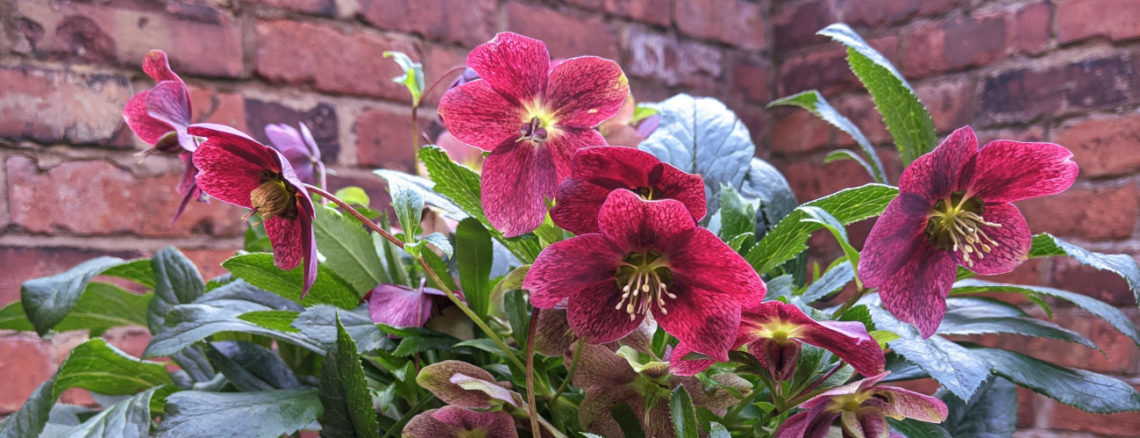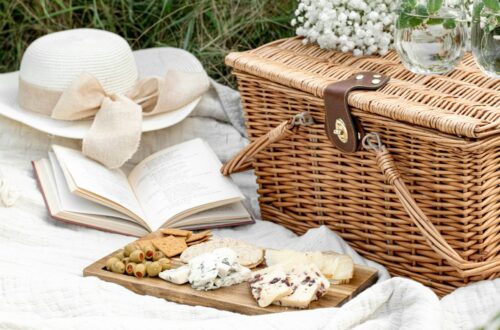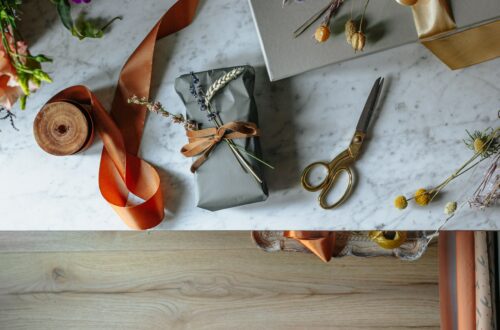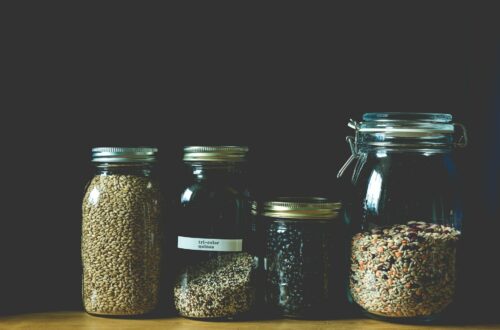
Plants To Save The Bees
Bees are a quintessential part of UK life. They help to pollinate a lot of our crops, worth up to £600 million per year in the UK, and keep our wildflowers returning year after year.
Unfortunately the plight of the bees is one that unless you’ve heard about it you could go years without knowing it’s an issue. Thanks to changes in agriculture, pesticide use and overly manicured gardens the number of bees and variety of bee species is decreasing.
Some species of bees can now only be found in remote areas of the UK where they are safe from human interference. The sad reality is that unless we adjust how we impact our local environment, we could do irreparable damage to the bee population in this country.
There is good news however, with some simple changes we can help to turn our gardens into safe spaces for local bee colonies.
An obvious way to counteract the impact of an overly maintained garden is to start to introduce some bee friendly plants. The easiest flowers for bees to access are single flower plants that either have their middle exposed or are tube flowers for the bees to climb inside and get the pollen. Bees are also more drawn to purple flowers as numerous studies have shown they can see this colour the easiest.
Now is a great time to start thinking ahead about plants for the garden. You can get ahead and research the best plants for your space and get them planted ahead of time ready for the warmer weather.
For immediate benefit to bees, why not choose some of these winter flowering plants to help bees that have ventured out to stock up on supplies:
- Hellebores
- Willows
- Crocuses
- Snowdrops and aconites
- Mahonias
The best way to use your garden to help local bee colonies is to plant a variety of plants that will bloom at different times of the year so any bees can find valuable resources no matter the season.
To find out more about looking after bees in your local area and to see how much you garden could be helping bees we recommend visiting the Bee Conservation Trust and taking their beekind quiz.
As well as making these changes at home we urge you to consider asking your local MP what they are doing in parliament to help protect wildlife areas and to help farmers create wildlife areas in their land to give nature a safe place year round.





